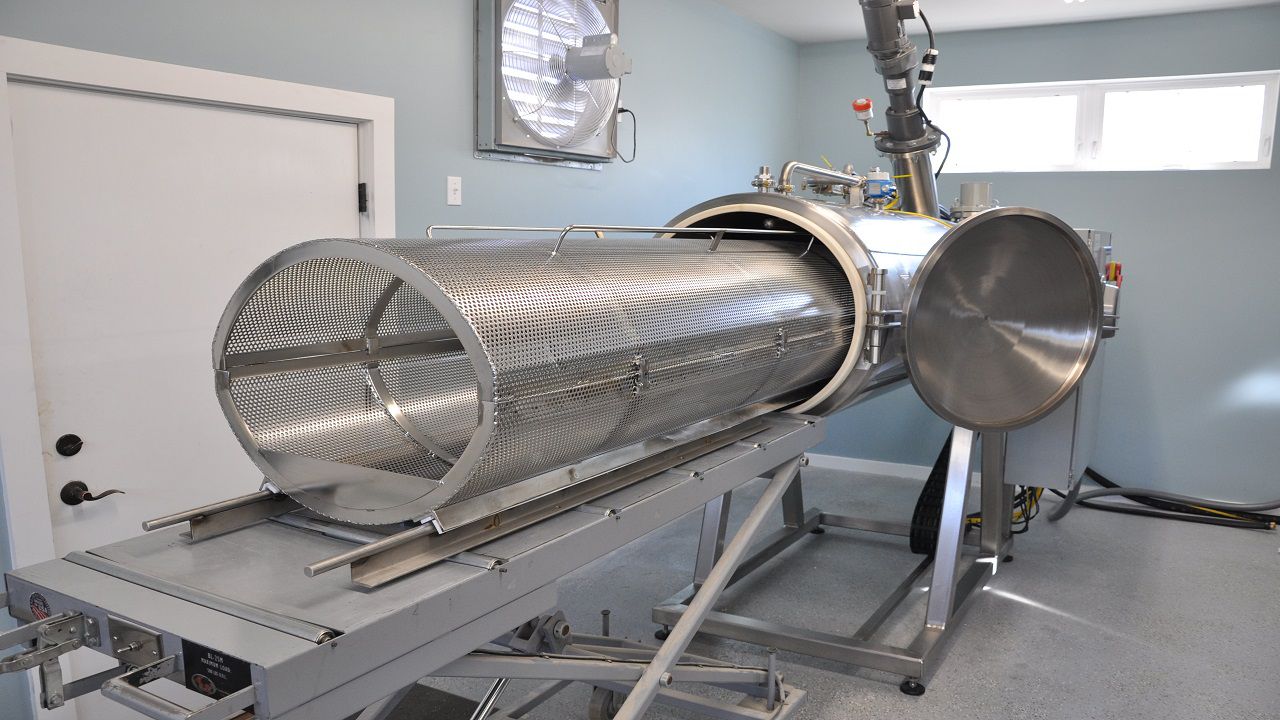
The UK funeral industry is all set to offer a new and eco-friendly method of burial known as water cremation. The flameless process, also known as resomation or alkaline hydrolysis, sees the body of the deceased dissolving into a liquid mixture that eventually turns into a white powder. This is then placed in an urn and given to loved ones as a final remembrance. The Co-op Funeralcare, the largest provider in the country, said that resomation would be available to clients at several pilot locations this year and will be the first new method of disposing of a corpse since the Cremation Act of 1902.
According to BBC, resomation uses a mix of water and potassium hydroxide to break down human remains. It takes up to four hours for the liquid to completely dissolve all of the fat and cells from a body, leaving just bones and other soft tissue. The remaining bones are dried and reduced to a white powder, then returned to relatives in an urn. Resomation produces around third fewer greenhouse gases than cremation by fire. It is said to use a seventh of the energy, with all the liquid safely returned to the water cycle without any traces of DNA.
Resomation is gaining popularity in the US, Canada, and South Africa, where it has been used for high-profile funerals, including the late Archbishop Desmond Tutu, who chose the service to mark his funeral. The Co-op funeral care says that while 89 percent of people in a YouGov poll hadn’t heard of it, many would consider resomation if they knew about it.
In addition to being more environmentally friendly, resomation is considered more hygienic. Research indicates that traditional cremation releases toxic gases and air pollutants, while burial contaminates groundwater.
With the growing global cultural-political awareness of humanity’s negative impact on the environment, positive steps are being taken toward reducing this impact. This includes the declaration of a climate emergency by the UK Government. However, if the funeral industry could also enter this consciousness about its environmental footprint, it may be possible for the industry to make a significant change.
Currently, the UK’s funeral industry is predominantly based on traditional burial or cremation, which causes significant air pollution. This is mainly due to the burning of dead bodies, which releases carbon dioxide and other harmful gasses into the air. Consequently, the funeral industry has become a key contributor to air pollution and needs to change to be more environmentally friendly. Hopefully, as the funeral industry changes, other industries, such as manufacturing, aviation, and shipping, will follow suit. This will ultimately make a difference. The future of the planet depends on it!


